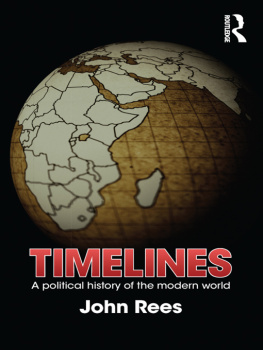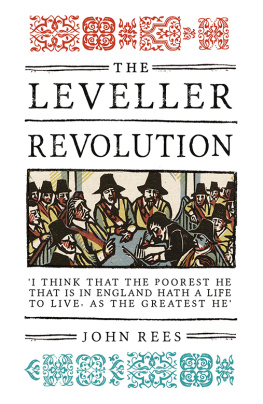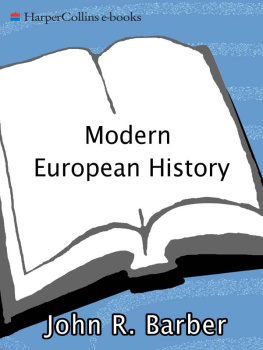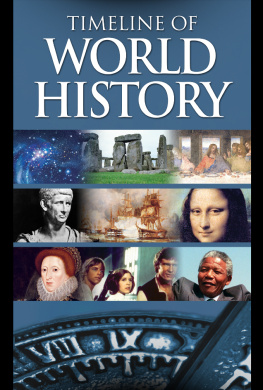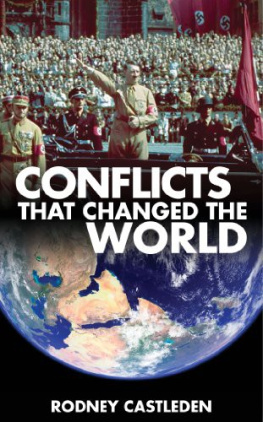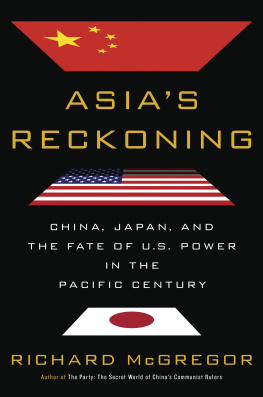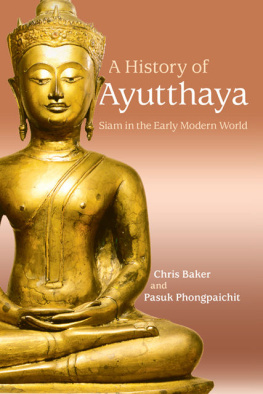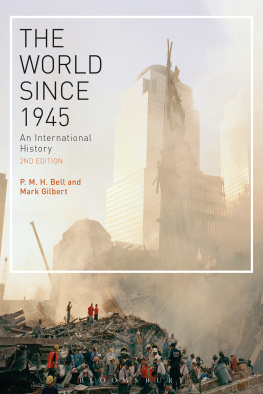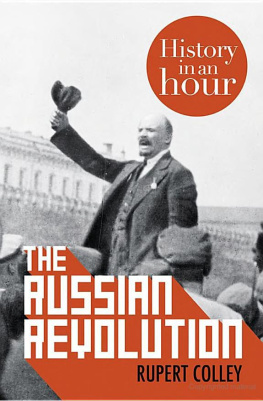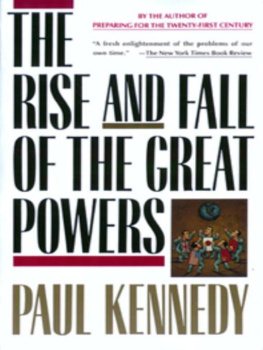FIGURES
| 1.1 |
| 1.2 |
| 1.3 |
| 1.4 |
| 1.5 |
| 1.6 |
| 1.7 |
| 1.8 |
| 1.9 |
| 1.10 |
| 1.11 |
| 1.12 |
| 1.13 |
| 1.14 |
| 1.15 |
| 1.16 |
| 1.17 |
| 1.18 |
| 1.19 |
| 1.20 |
| 1.21 |
| 1.22 |
| 1.23 |
| 1.24 |
| 1.25 |
| 1.26 |
| 2.1 |
| 2.2 |
| 2.3 |
| 2.4 |
| 2.5 |
| 2.6 |
| 2.7 |
| 2.8 |
| 2.9 |
| 2.10 |
| 2.11 |
| 2.12 |
| 2.13 |
| 2.14 |
| 2.15 |
| 2.16 |
| 3.1 |
| 3.2 |
| 3.3 |
| 3.4 |
| 3.5 |
| 3.6 |
| 3.7 |
| 3.8 |
| 3.9 |
| 3.10 |
| 3.11 |
| 3.12 |
| 3.13 |
| 3.14 |
| 3.15 |
| 3.16 |
ABBREVIATIONS
| ANC | African National Congress |
| AWB | Afrikaner Weerstandsbeweging Party (South Africa) |
| BNP | British National Party |
| CCP | Chinese Communist Party |
| CENTO | Central Treaty Organization |
| CIA | Central Intelligence Agency (US) |
| CND | Campaign for Nuclear Disarmament |
| COSATU | Congress of South African Trade Unions |
| CPSU | Communist Party of the Soviet Union |
| EU | European Union |
| FBI | Federal Bureau of Investigation (US) |
| GLC | Greater London Council |
| IRA | Irish Republican Army |
| ISI | Inter-Services Intelligence (Pakistan) |
| LAPD | Los Angeles Police Department |
| NAACP | National Association for the Advancement of Colored People (US) |
| NASA | National Aeronautics and Space Administration (US) |
| NATO | North Atlantic Treaty Organization |
| NF | National Front (UK) |
| NLF | National Liberation Front (Vietnam) |
| NUM | National Union of Mineworkers (UK) |
| OPEC | Organization of Petroleum Exporting Countries |
| PDVSA | Petrleos de Venezuela, S.A. (Venezuela) |
| RUC | Royal Ulster Constabulary |
| SAVAK | National Intelligence and Security Organization (Iran) |
| SEATO | Southeast Asia Treaty Organization |
| SNCC | Student Nonviolent Coordinating Committee (US) |
| SS | Schutzstaffel (Germany) |
| TGWU | Transport and General Workers Union (UK) |
| TUC | Trades Union Congress (UK) |
ACKNOWLEDGEMENTS
The essays in this book are based on scripts that I originally wrote for the Timeline political history series shown on the Islam channel. I am grateful to the CEO of the channel, Mohamed Ali, for giving me the chance to make the programmes in the first place and for his continued commitment to the wider project of making politically committed programmes at the channel. All those I have worked with at the channel, both in the studio and in postproduction, have been unfailingly helpful and supportive. In particular, Arfan Ali, the Head of Programming, has been an unswerving advocate of the Timeline project from its first moments. For most of the series, Aldo DAndrea marshalled the camera operators and technicians at the studio; I am grateful to him and to them. The first series editor was Fatma Rivzi. I knew nothing about editing a TV programme when I worked with her, so I thank her for her patience and for what I learnt from her. It has been a pleasure to work with Kamran Khan who has edited the second and third Timeline series. The finished programmes are as much his work as mine. Karthik Raja has worked his magic on the graphics for the series. I am grateful to him for reproducing some of them for inclusion in this book and for providing the images for the cover. Selvan Sami has overseen post-production and I thank him for facilitating the no-doubt irregular methods by which Kamran, Karthik and I arrived at the finished product.
This is the third book that I have published with Routledge and I am happy once more to record the debt I owe Craig Fowlie both for his encouragement, professionalism and our occasional and enjoyable political discussions. I am grateful to Chris Nineham for the political discussions we have shared over many years that have advanced my understanding of the issues discussed in this book. Thanks are also due to Carmel Brown who first suggested that the scripts be made into a book and, as ever, to Lindsey German for reading the scripts and the book.
FURTHER READING
In this guide to further reading I have tried to include at least one book that either in whole or in part relates to each of the preceding essays. The latest book on any particular topic is not necessarily the best and so I have listed the most notable works of which I am aware on the basis that the Internet now allows much easier access to out-of-print work than was previously the case. I have usually referred to the edition which I consulted in writing the essays, but, where I am aware of newer editions, I have cited them instead. I have also included some works of fiction because the historians job is not just to record the facts about the past, but also to recover the thoughts, feelings and emotions of those who shaped our history.
The outstanding radical history of the twentieth century is Eric Hobsbawms The Age of Extremes, The Short Twentieth Century, 19141991, New Edition (Penguin, 1994). Hobsbawms scope and ability to synthesize make this an essential volume. His judgments are often correct and always interesting. In part, Hobsbawms book is required reading because it has relatively few competitors. Gabriel Kolkos Century of War: Politics, Conflicts and Society since 1914 (New Press, 1994) is also a serious work of synthesis, though his The Politics of War: The World and United States Foreign Policy 19431945 (Pantheon, 1968) is, though narrower in focus, the stronger book. John Terraines The Mighty Continent: A View of Europe in the Twentieth Century (BBC/Hutchinson, 1974) was, like this book, the product of an accompanying TV series many years ago. It makes no claims to radicalism, but it is serious and well written and the illustrative material is still impressive. James Jolls longstanding Europe Since 1870, Third Edition (Penguin, 1983) and Peter Calvocoressis World Politics Since 1945, Seventh Edition (Longman, 1996) can also be consulted. Paul Kennedys The Rise and Fall of Great Powers: Economic Change and Military Conflict from 1500 to 2000 (Fontana, 1988) starts its story in 1500, but the second half of the book concerns the modern era. The account, despite being asked to serve an unconvincing general theory, nevertheless repays careful reading. Patrick Brogans World Conflicts: Why and Where They Are Happening (Bloomsbury, 1989) is now dated, but it is one of those invaluable works of factual reference which are usually undervalued. Likewise, Michael Kidron and Ronald Segals The State of the World Atlas: A Unique Survey of Current Events and Global Trends (Penguin, 1995) conveys factual information in an original and usable manner. The first half of the century is covered in the last two sections of A. D. Harveys Collision of Empires: Britain in Three World Wars, 17931945 (Phoenix, 1992) and the single best general coverage of fall of European Colonialism is Brian Lappings The End Of Empire (Paladin, 1985).

